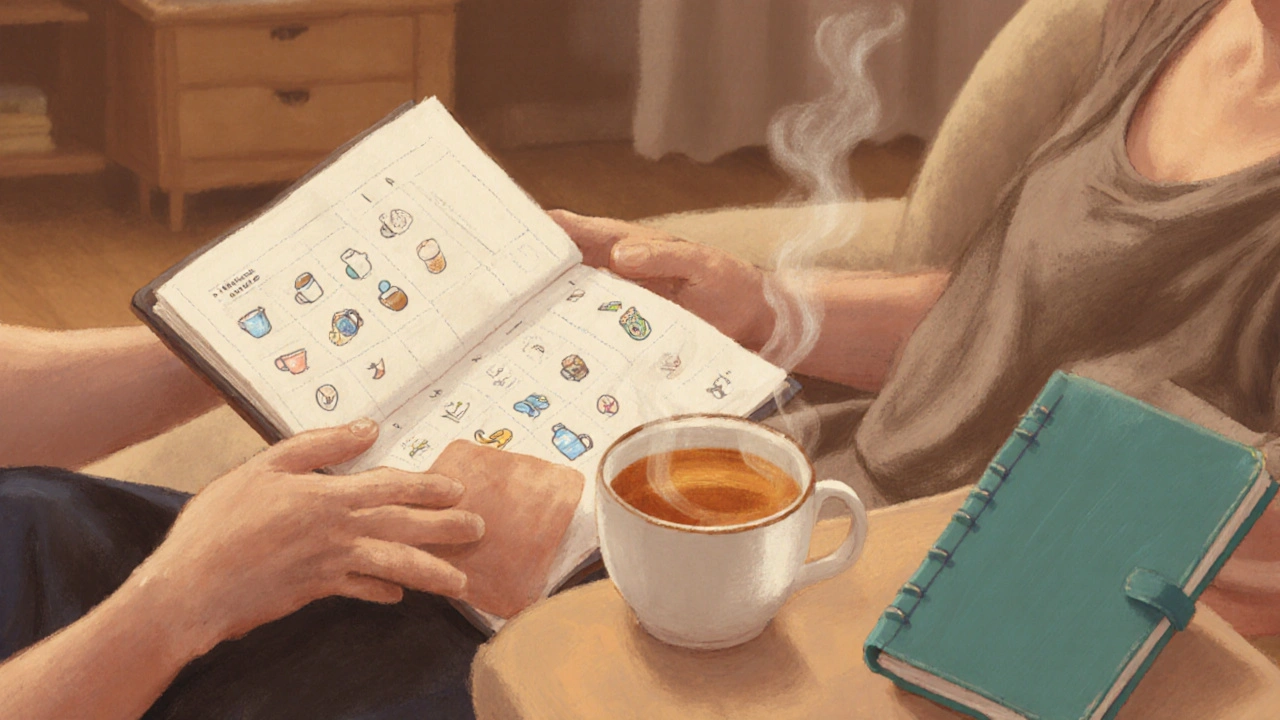Caregiver Support: Practical Help and Resources
When talking about caregiver support, the help and tools that enable a person caring for a loved one to stay healthy, organized and emotionally balanced. Also known as caregiver assistance, it medication management plays a big role because keeping track of prescriptions, doses and refill dates can quickly become overwhelming. Good mental health support reduces stress and prevents burnout, while respite care offers short breaks that recharge the caregiver. Together these pieces form a network that lets caregivers provide safe, consistent care without losing themselves in the process.
Key Parts of Effective Caregiver Support
First, medication management is a core pillar. It means setting up pill organizers, using smartphone reminders, and coordinating with pharmacists to avoid interactions. When the medication side‑effects are clear and the schedule is visible, caregivers spend less time guessing and more time caring. Second, mental‑health strategies such as mindfulness, yoga or brief breathing exercises lower anxiety and improve focus. Research shows that a daily five‑minute mindfulness routine can cut rumination and keep stress hormones in check, which directly benefits the person receiving care. Third, having reliable respite services—whether a trusted neighbor, a paid sitter, or a community program—gives caregivers a chance to rest, run errands, or simply recharge. Without these breaks, fatigue builds and errors increase, especially when complex regimens like insulin or anticoagulants are involved.
Our collection below reflects these three pillars. You’ll find step‑by‑step guides on buying cheap generic medicines such as Synthroid, Topamax or Warfarin safely online, articles that explain how mindfulness helps manage major depressive disorder, and practical advice on using yoga to ease panic attacks. There are also deep dives into specific conditions—like Crohn’s disease in children or hemophilia versus other bleeding disorders—so caregivers can understand the disease they’re managing. By tying medication safety, emotional well‑being and practical respite together, these resources give a rounded view of what real‑world caregiver support looks like. Ready to explore concrete tips, trusted buying guides and mental‑health techniques? Scroll down and start building a stronger support system today.

Supporting a Loved One with Urinary Tract Spasms: Practical Caregiver Guide
Learn practical ways to help a loved one manage urinary tract spasms, from daily habits and home remedies to when to see a doctor.
